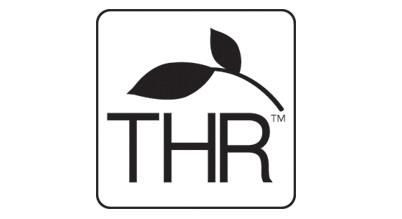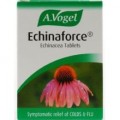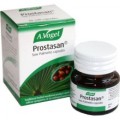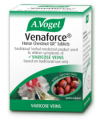 Loading... Please wait...
Loading... Please wait...Categories
 GlobalSign SSL Certificates |
- Home
- THR Herbal Products
THR Herbal Products
What does Traditional Herbal Remedy (THR) mean?
Many people think that 'natural' and 'herbal' ingredients are safer to take than other medicines. This is not the case and herbal based products can have a very potent effect on the body.
Certified to ensure quality
Herbal remedies have been used by people for many centuries and sold commercially as supplements for decades. In May 2011 the Medicines and Healthcare Products Regulatory Agency (MHRA) decided that herbal remedies must come under special regulations. The MHRA is responsible for regulating all medicines and medical devices in the UK, for consumers this is important because it means all supplements classified and labelled as a Traditional Herbal Remedy (THR) have been regulated to ensure they are of a good quality, safe to consume, and there is evidence of historical traditional use of the herb for at least 30 years.
Always ensure you look for the THR seal
From April 2014, all manufactured herbal medicines must be authorised by the MHRA in order to be sold and supplied lawfully in the UK. The THR scheme covers products bought in UK shops and through on-line retailers. You should always ensure that you purchase your herbal remedy from a trusted UK retailer and it displays the THR seal which is shown in the top right of this blog post. The MHRA warns against buying herbal remedies on-line, unless from a trusted UK retailer as they are more difficult to regulate.
THR products can only be sold for the conditions they are registered for
Herbal products include well know favourites such as St John’s Wort, Devils Claw, Echinacea and Black Cohosh. They must now to be registered with the MHRA and importantly can only be sold for the conditions for which they are registered. The scheme is designed to prevent poor quality herbal remedies finding their way onto the market, cases to date even include supplements found to contain the wrong herb. The regulation process also ensures that products are sold with information about side effects and contra-indications with other medicines, as well as warnings for pregnant women or people with certain medical conditions.
The scheme is being tightened further from the end of April 2014. All manufactured herbal medicines will have to be authorised by the MHRA in order to be sold and supplied lawfully in the UK. This means that after this date retailers will no longer be able to sell unlicensed herbal medicines that are not registered with the MHRA under the THR scheme.
Current Top Sellers
-
1
-
2
-
3
-
4
-
5










